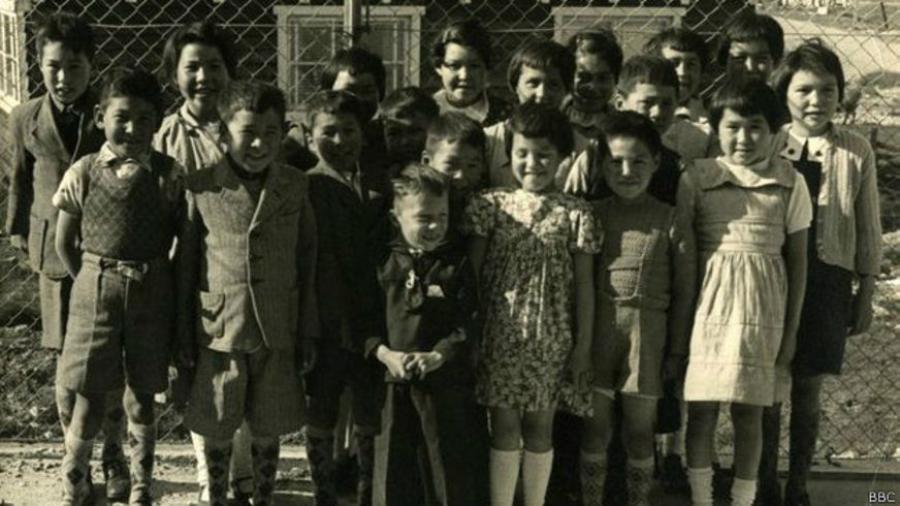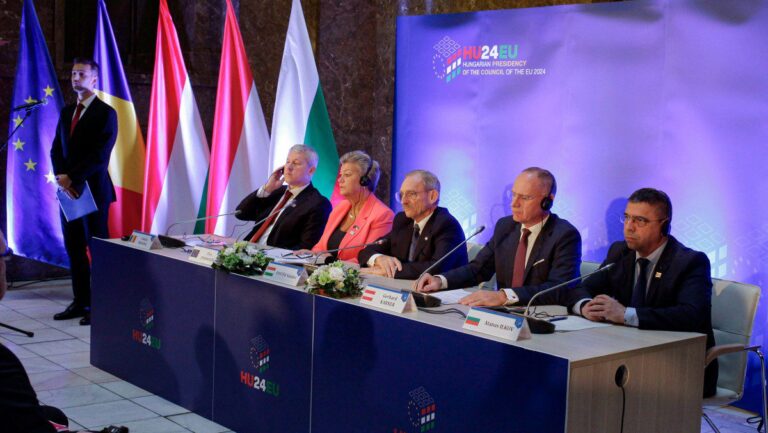The Danish government has settled a lawsuit from a group of Inuit, ethnic Greenlanders, who were removed from their home territory by Danish authorities in 1951 as part of a social experiment. According to KNR, the Greenlandic Broadcasting Corporation, six of the children who are still alive will each receive DKK 250,000 (€32,500).
A total of 22 Inuit children aged 4-9 were removed from their families and, according to KNR, transported to Denmark where they were to be raised as culturally Danish. The newspaper Berlingske Tidende reports that the purpose behind the experiment was to create a Danish-speaking “elite” in Greenland, one that would strengthen the territory’s incorporation with the Danish kingdom.
Upon being returned to Greenland, reports TV2.dk, the children were placed in an orphanage in Nuuk, the capital of the territory, where they were banned from speaking their mother tongue, primarily kalaallisut. Their lawyer, Mads Krøger, explains that the children “lost their family life, their language, culture, and sense of belonging.”
Krøger added that the Danish government violated the rights of the children under Article 8 of the European Convention of Human Rights. In its first clause, the article declares that every person “has the right to respect for his private and family life.”
The Danish government’s social experiment was highlighted already in 2009 when Kuupik Kleist, then-president of the Greenlandic territorial legislature, demanded an apology from the Danish government. She referred to the 22 Greenlandic children as “guinea pigs” and compared their ordeal to that of “thousands of aboriginal children” in Australia, who were forcefully removed from their families to be brought up as culturally Australian.
The experiment involving the Inuit children was started six years after the Nazi German occupation and attempted ‘Germanification’ of Denmark officially ended.





